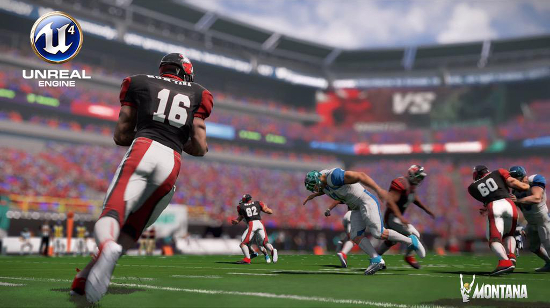Poll Results Demonstrate the Challenge for an Unlicensed Football Game

Given that anticipation for a new football game has been especially high in recent months, with Joe Montana Football 16 expected later this year and Mutant Football League coming at some point down the line, it’s interesting to evaluate the market for such games. There have been so few unlicensed sports games to emerge over the last decade as companies have avoided the risk with development costs rising and consumers demanding all products meet a quality threshold which necessitates those costs.
With over 3700 respondents in the poll posted last week the results put into perspective just how any unlicensed sports game has an uphill battle compared to the licensed titles. Consumers will buy, or strongly consider, licensed games based on the leagues alone while unlicensed games have to prove their worth to even get any consideration.
Only 6% stated they would buy an unlicensed football game no matter the circumstances. Now compare that to how many people buy Madden every year simply because it’s the NFL product and it’s easy to see just how much that license means. 30% declared that there was nothing which would convince them to buy an unlicensed game. A licensed game naturally gets to go after a much larger consumer base.
Still there are many who would at least consider an unlicensed product should it prove to have the feature set and gameplay quality they desire or a concept they find intriguing. It’s almost an even distribution with 23% leaning towards buying should it prove attractive, 20% lacking any sense of where they would go but remaining open, and 21% feeling as though they probably wouldn’t purchase the game but not closing the door on it entirely.
The poll results don’t mean an unlicensed game has zero chance of being successful. Theoretically the games can be innovative and hyper-focused on certain elements, or tap into an under-served market like “arcade-style” games, and sell enough to be profitable because they aren’t shackled by licensing costs. Of course the road is paved with more games that tried and failed – but generally having specific reasons why they were sunk – than those which were able to find a sufficient audience.
